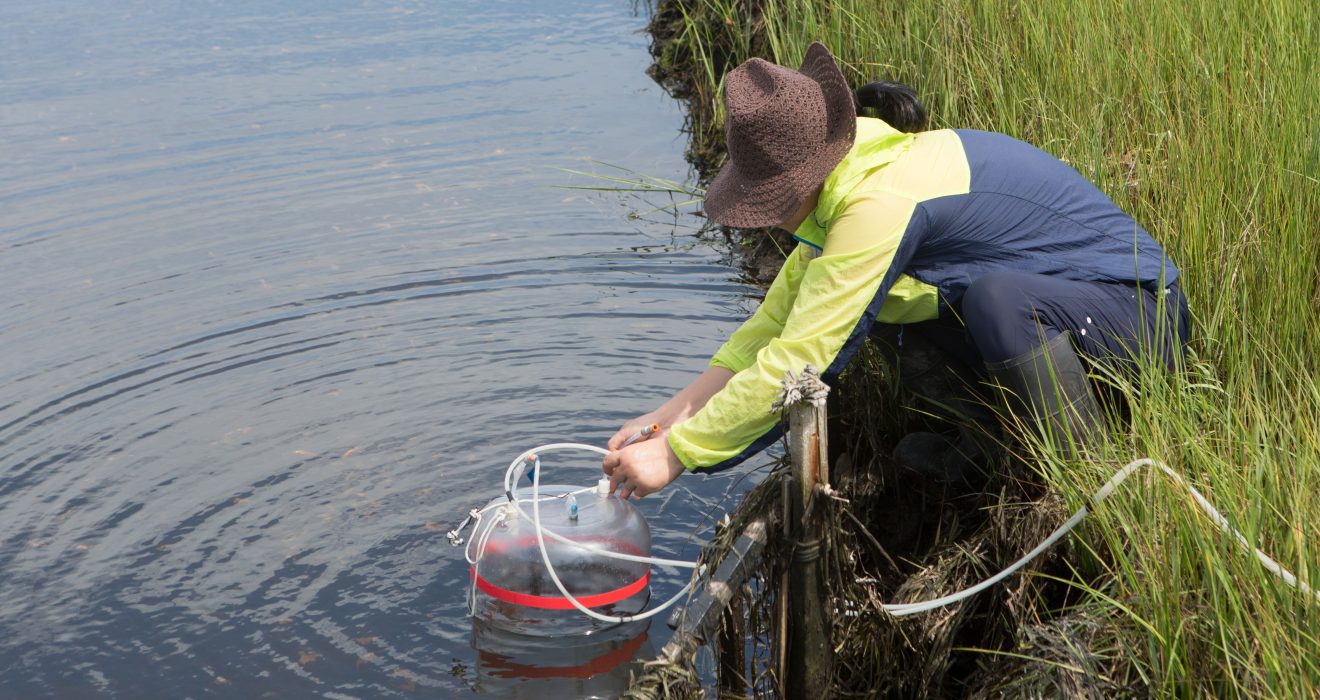A recent study at the University of São Paulo uncovers the underestimated value of sustainable agriculture systems regarding GHG emissions in Brazil. Novel research, done by scientists from the Center for Nuclear Energy in Agriculture – CENA-USP and Luiz de Queiroz College of Agriculture – ESALQ-USP, has explored the contribution [...]










